Open days can be the make-or-break moment where your teenager chooses to study for the next three or four years, and although many universities present themselves well on paper, nothing compares to the real thing.
Whether you’re a veteran or a newbie to the university open day, we’ve put this handy parents’ open day guide together full of our top tips for parents and carers from the perspective of the department that delivers them. So we’ve got plenty of advice – read on to find out how to survive open day season and support your student in making their big decision.
Should parents and supporters attend university open days?
In our experience, lots of students attend open days with parents and supporters and find it to be a valuable and memorable experience. Most universities will have parent and supporter-specific activities which cover the practicalities of university and supporting your student with their transition to higher education. Lots of universities provide open day guides for parents and supporters, but nothing beats seeing the institution in person.
How can parents and supporters get the most out of university open days?
Below, we’ve included some tips on how parents and guardians can make the most out of university open days:
Be decisive
Open days can be time consuming, and while they are the key opportunity to get to know more about a university before your teenager makes an application, it’s important to be realistic as you may not be able to attend them all.
If you’re spoiled for choice and having trouble deciding which ones to attend, have a look at impartial websites to get an idea of the rankings and reputations of the universities before you book. These websites also often provide a parent’s guide to university, open day guides and tips for parents of university students too.
It is also useful to support your student in making a decision based on the course and module offerings at each individual university. It’s pointless spending the day travelling to a university because it ranks well and looks impressive if it doesn’t offer the course that they’re passionate about. You can search for all courses using the UCAS website and see individual university websites for more specific course information.
You may also want to compare universities spread across a town or city centre to those that have a campus location to get a feel for them both (we’ve written a helpful article on this particular debate here). One thing we would say for definite though, is that your experience on campus cannot be replicated so it’s important that you go to immerse yourself in the environment that your student will be spending the next 3-4 years of their life to truly make an informed decision.
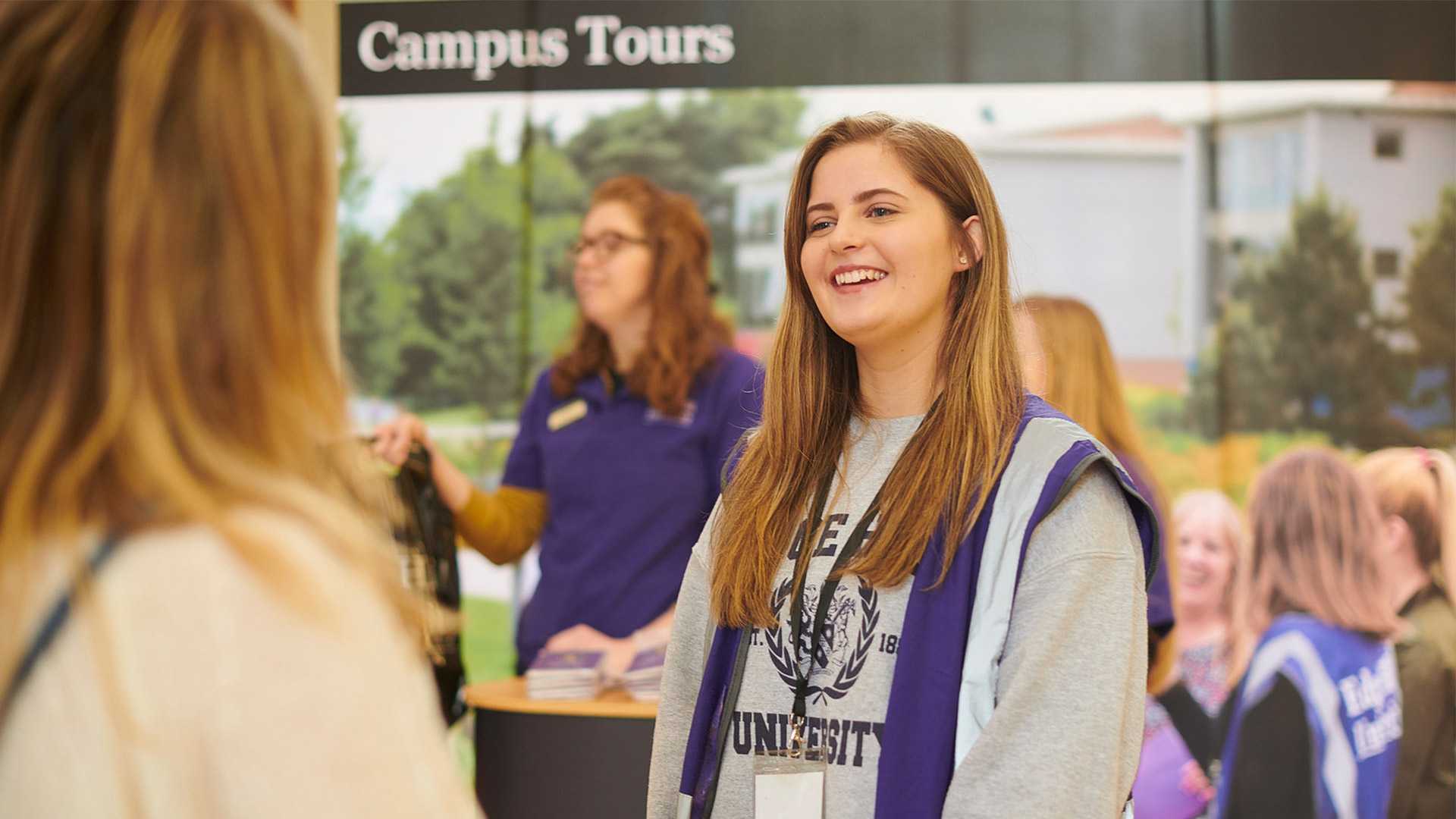
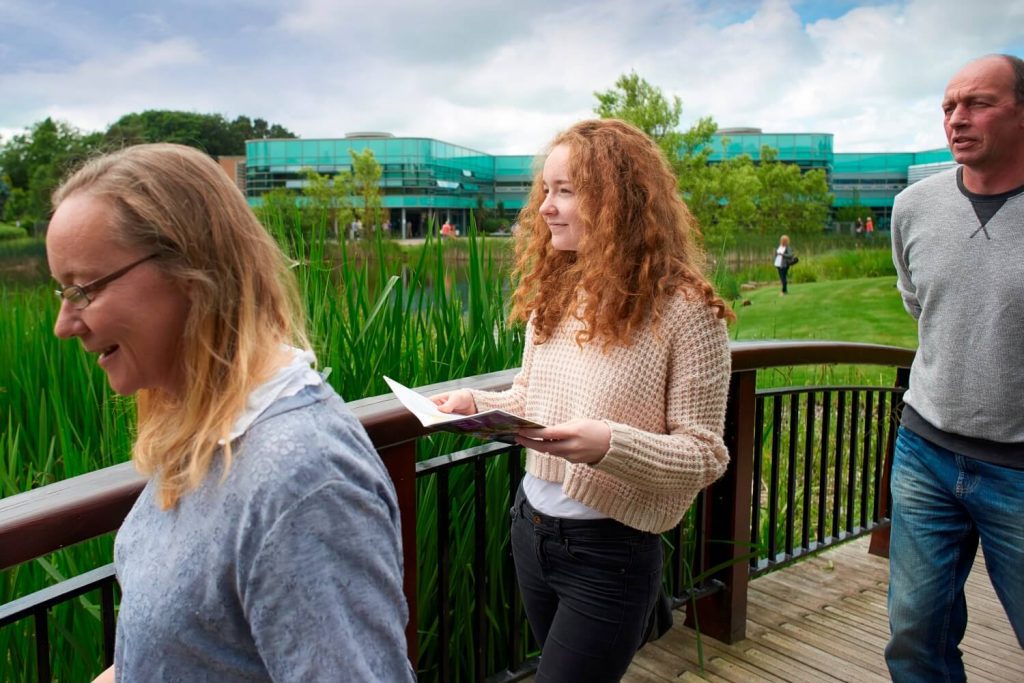
Plan ahead
Universities often set their open day dates well in advance and some can clash with one another. Plan in advance to ensure that you are not overstretching yourself or trying to fit too many in together – open days can be more tiring than you think. Universities will often advertise their open days on the homepage of their website and will also send you a schedule so that you can plan your day in advance. And don’t worry if you can’t make every open day, universities often offer campus tours throughout the year to give you another chance to visit and if you fancy a refresh after visiting, some universities also offer virtual open days. Don’t forget to check out the university’s open day guide for parents too. This could help you answer some of the questions you inevitably think of after you’ve left the event.
Some universities may be quite a distance from you and you might need to stay the night, so you’ll need to book in enough time to organise a place to stay. You may also want to factor in planning things like parking in advance, particularly at a city location. Luckily, at Edge Hill we have free onsite parking for over 2,400 cars, so that’s one thing you can tick off your list.
Open day essentials
Top of the list, comfortable shoes. You will be doing lots of walking, much of it outdoors, so ensure that you are dressed for the weather.
It can help to take lots of photos to look back on, so take a fully charged phone or camera and a more low-tech paper and pen to jot down any notes.
Not all universities provide lunch and there can be queues around the canteen facilities at busy periods. It’s a good idea to bring a backpack with snacks, a drink or reusable cup and a packed lunch. This will also allow you to work to your own schedule and make the most of your time on the day, although sometimes sampling the food may form part of your decision making.
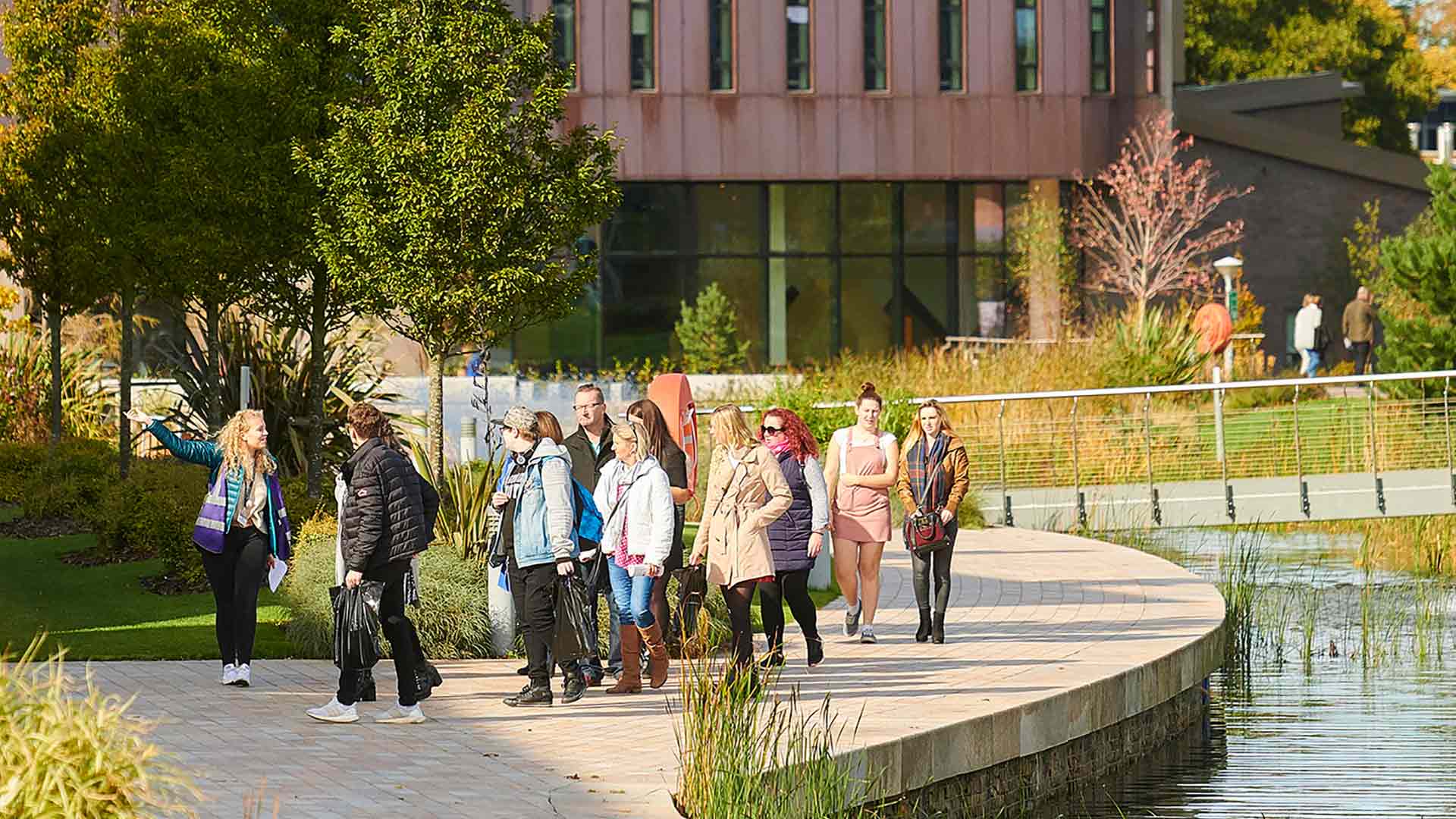
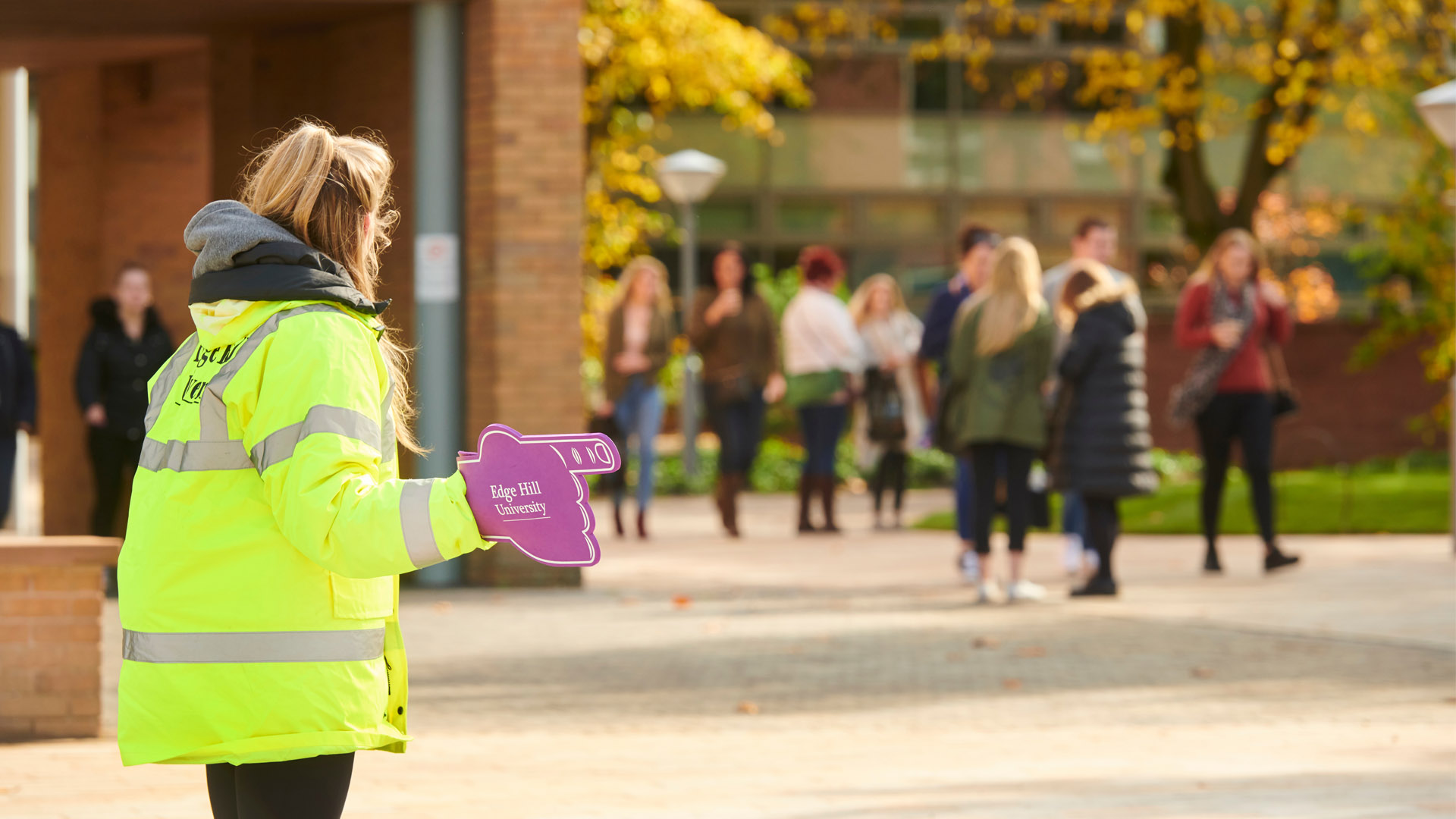
Take a campus tour
This is often a good place to start, as organised tours can quickly help you find your bearings and give you some facts about the university that you might otherwise not have found out. The campus tours are also often led by current students or student ambassadors who can give you a student’s perspective at the same time and a chance to ask any questions. You can later explore the campus yourself and go back to any places of interest for a second look.
Chat to staff and students
There are lots of different staff that you can speak to at an open day, from the academic tutors to the cleaners. Speak to everyone and get first hand experience from their perspective of what they do and how they feel about working there, and of course there are often students working who you can chat to. Many of the staff will also be able to empathise and give practical advice from a parent’s perspective too, don’t be afraid to ask the questions that your teenager won’t.
It’s not just about the course
Yes the course is important, and it’s likely that your student has had all this information in advance from prospectuses or websites but make sure you check out all the other things the university has to offer. You might think about:
- What’s the accommodation like?
- How much does it cost?
- How safe and secure is it?
- What extra-curricular support is available?
- Does the university have different clubs and societies and how does this fit into their timetable?
- What work opportunities are available on and off campus?
- How do they keep their students safe?
- What’s the nearest town or city like?
All key questions to consider outside of the curriculum as living at university is about so much more than just getting a degree.
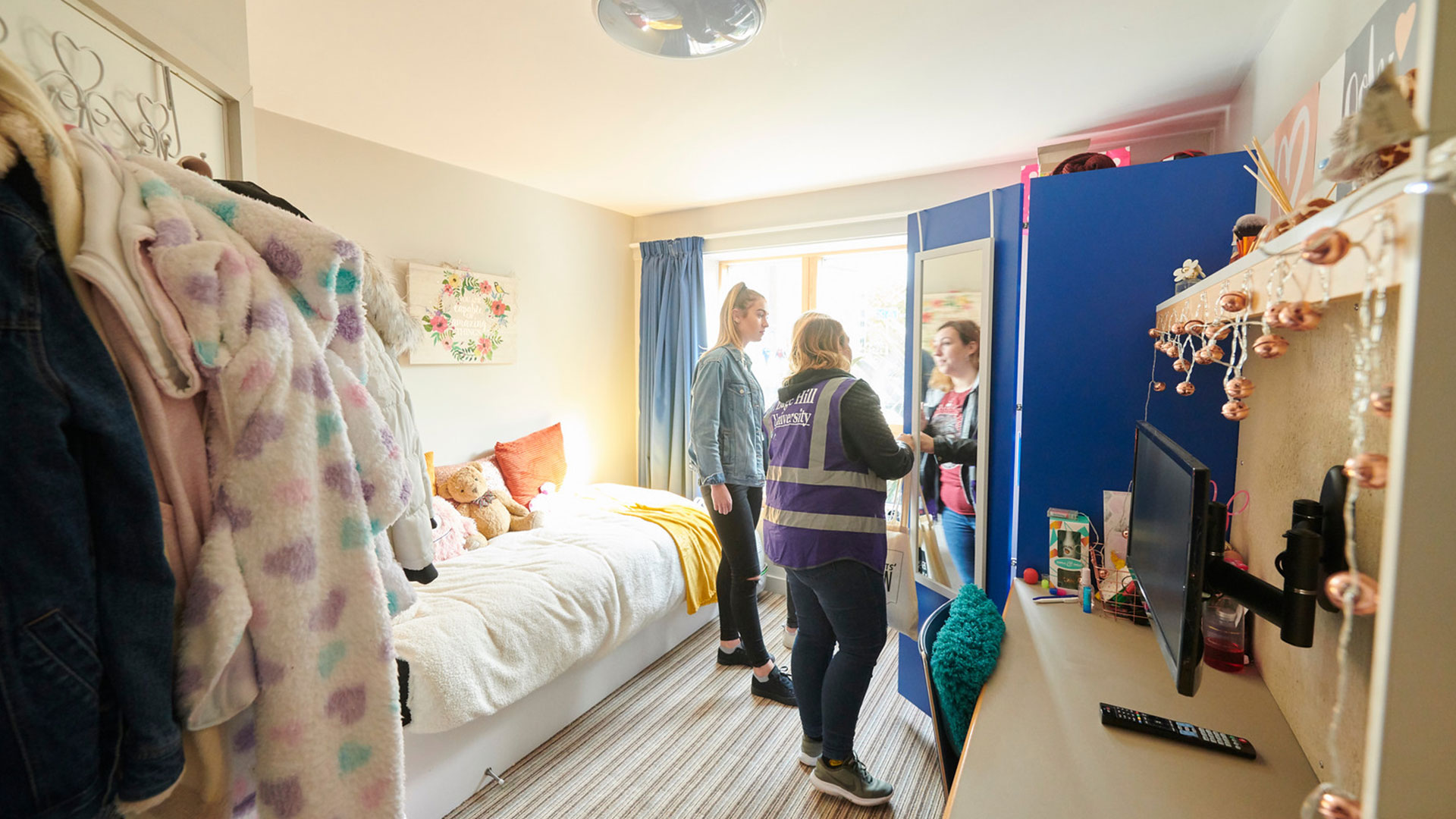
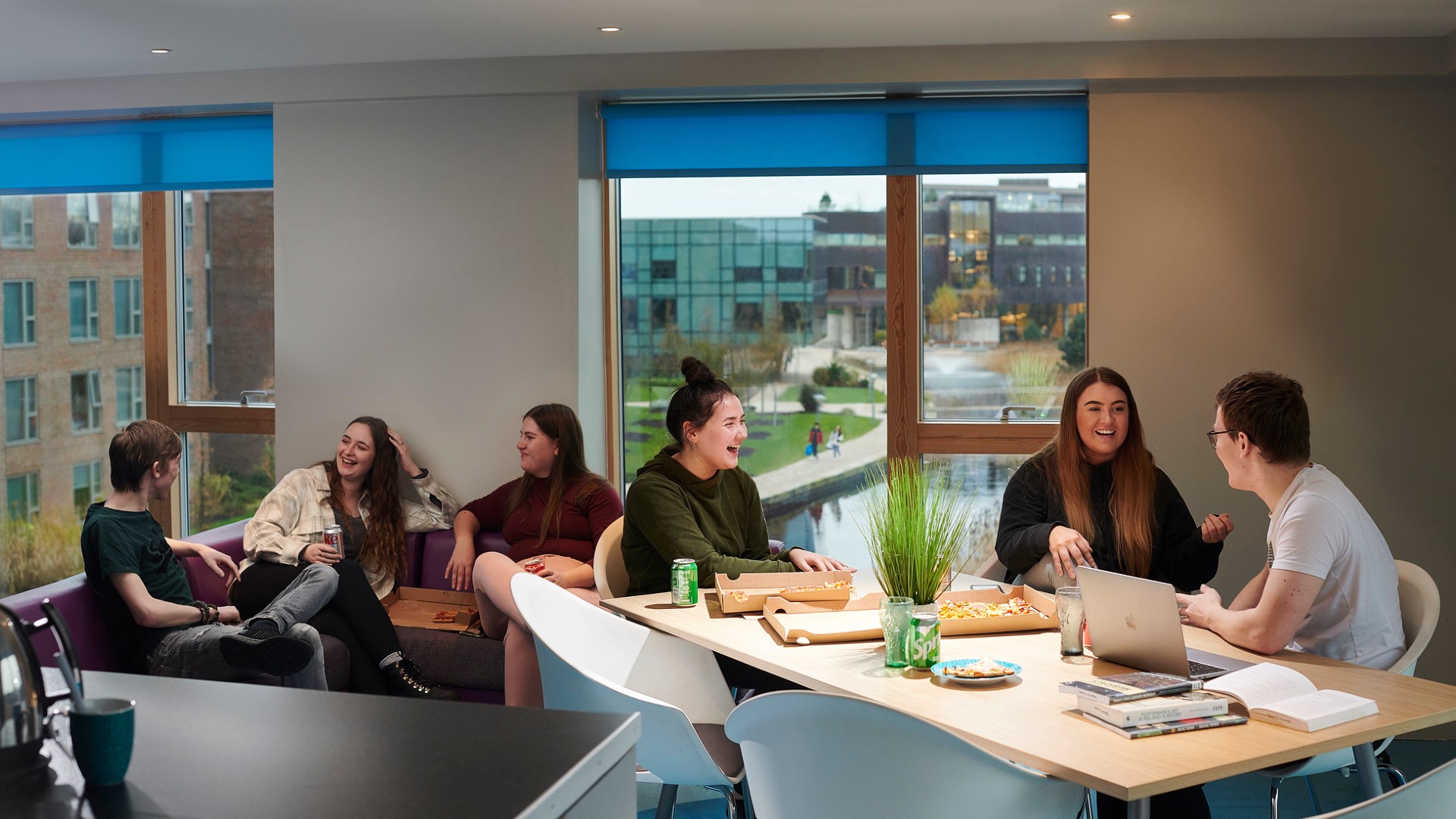
Prepare some questions beforehand
Have a think about the sort of things you’d like to know beforehand and come ready with questions for our students and staff. Asking people associated with the University may give you a better insight than you’d be able to find online.
Plus, it’s always a good idea to listen to what other parents and students ask, as they may bring up something you hadn’t thought of.
Reflect
Reflect on your experience of the day but remain objective. Your student’s opinions on this decision are more important than your own, but they may still look to you for advice and guidance. Take some time to sit down together after your visit while it’s still fresh in your mind and write down the pros and cons of each institution and get them to reflect on what’s important to them. Remember, you can always ask questions after the day or go back for a second look to cement their decision.
We hope you’ve found the above information useful. Interested in attending one of our university open days? You can find out everything you need to know about Edge Hill’s open days, how to book and see why we’re award winning for yourself.
Frequently asked questions
Written by Rachael Hughes, Student Recruitment and Marketing Project Support Officer at Edge Hill University.
Useful links
Book an open day today Campus vs city uni Virtual Open Day Book a campus tour Complete University GuideNovember 15, 2022


